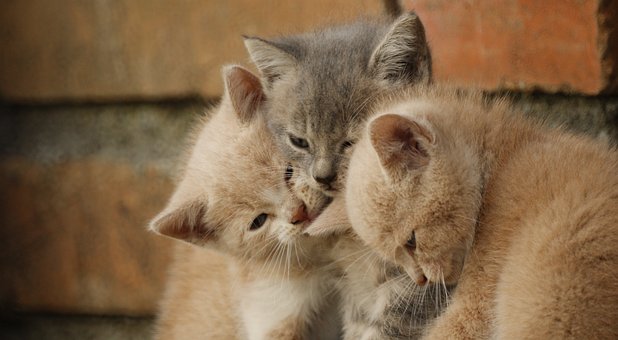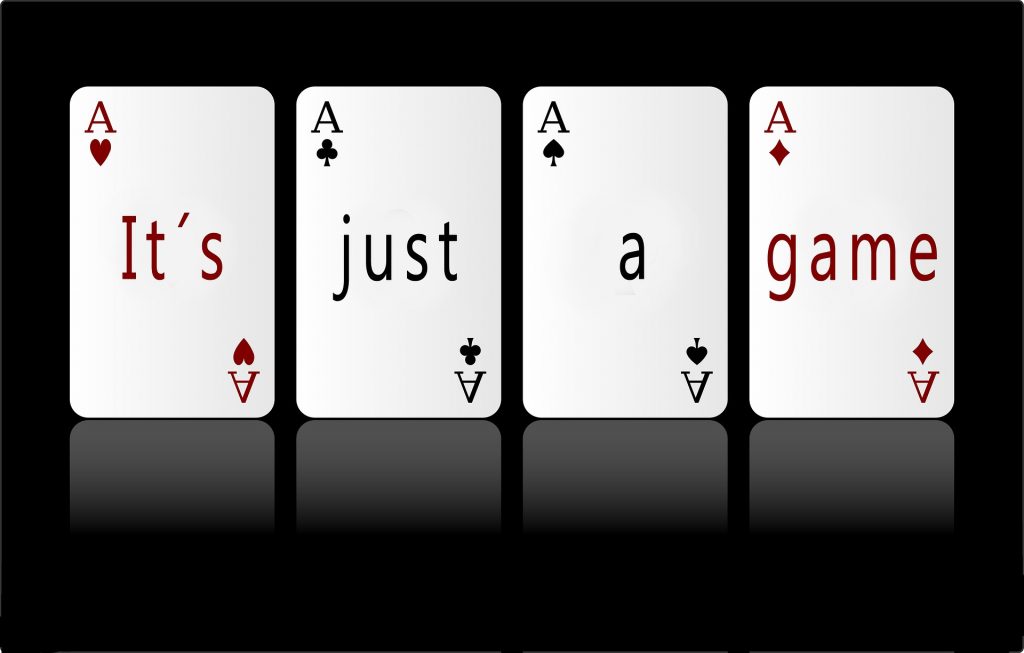As we go over the hurt and pain from our past we are only gripped with sadness. It’s natural for us to wonder why we suffered the way we did and how much better it would have been if we hadn’t. However, there is another side to this story that is worth exploring.
Every time we go through pain we learn something. The lesson could be big or small -it carries meaning for us. When someone abuses me I learn how it feels to be at the receiving end of such treatment. This gives me an idea of how not to treat others because I now know how they could feel. This knowledge subtly shapes my personality.
Empathy helps people form strong bonds with others. People who are empathetic manage to have great relationships as others feel understood in their presence. It’s noteworthy that empathetic people are also the ones who have suffered long enough to be able to understand another’s pain. Can they appreciate how their suffering helped them develop good relationships with others? Not really. They usually just feel sad about the way things turned out. The advantages are rather obscure.
There are several people who have been victims of childhood abuse and have grown into beings rescuers for others, in adulthood. They tie up with NGOs, adopt children or do some kind of volunteer work to prevent others from going through the same. When I joined the field of counselling I was surprised to see how many therapists had suffered themselves in their growing up years and were now doing a fantastic job of helping others in need. Their suffering might have motivated them to work on reducing the pain in themselves and others around them.
Hurt and pain are great motivators. They teach us what to move towards and what to move away from. Without this knowledge it would be difficult for us to make decisions that are favourable to us. Here is an example :
“A person who is jilted in love gets depressed. He feels that there is no point living life as all people are unworthy of his trust. This person goes ahead in life and chooses a partner that is perfect for him. They have a happy life and a beautiful home.“
Does this person realise the benefit of the pain he went through earlier? Being hurt by one made him prudent while selecting another.
People who hurt us and people who loved us equally contributed to our growth
We don’t complain when our past makes us a better person, do we? But that is only if we choose to look at it that way. Research indicates that events by themselves don’t have any impact on people. The perception of the event makes them feel the way they do. Going by this, if we were to think about the benefits we got from the unpleasant events that happened to us, how would that change things for us? Will it make us grateful for the knowledge which was impossible without the experience or will it make us resentful for all that people did to us? I think these two directions lead to diametrically opposite ends of a spectrum.
I don’t mean to say that we should voluntarily get ourselves into trouble so when we come out bruised it’s a great experience. I mean to reframe the past in way that helps us move forward without the weight of the grievances that tie us down.
All ways of looking at the past are equally valid. The frame that we hold onto longest and hardest, wins!
–David Snyder, master trainer NLP
— — — —
...









